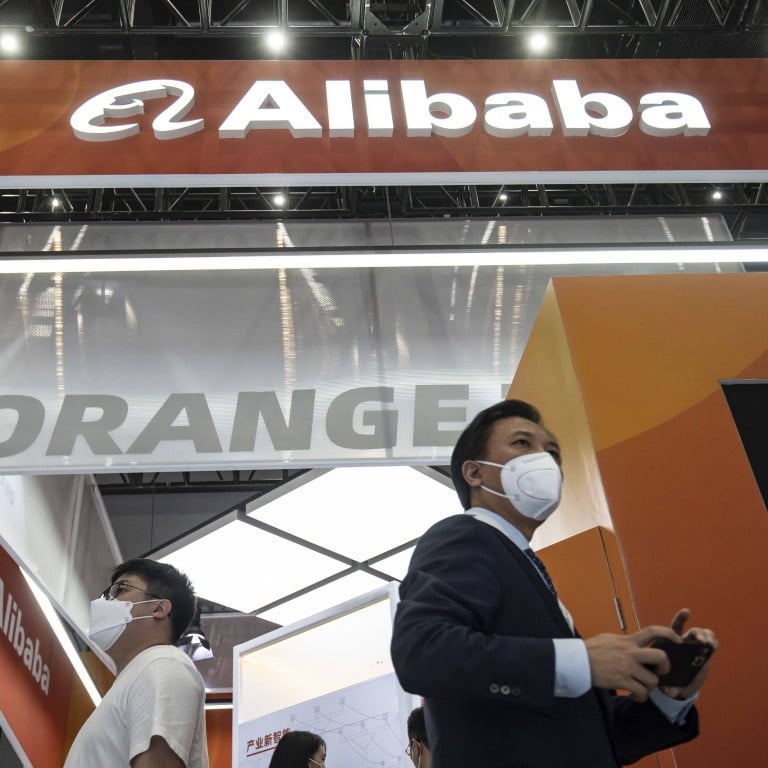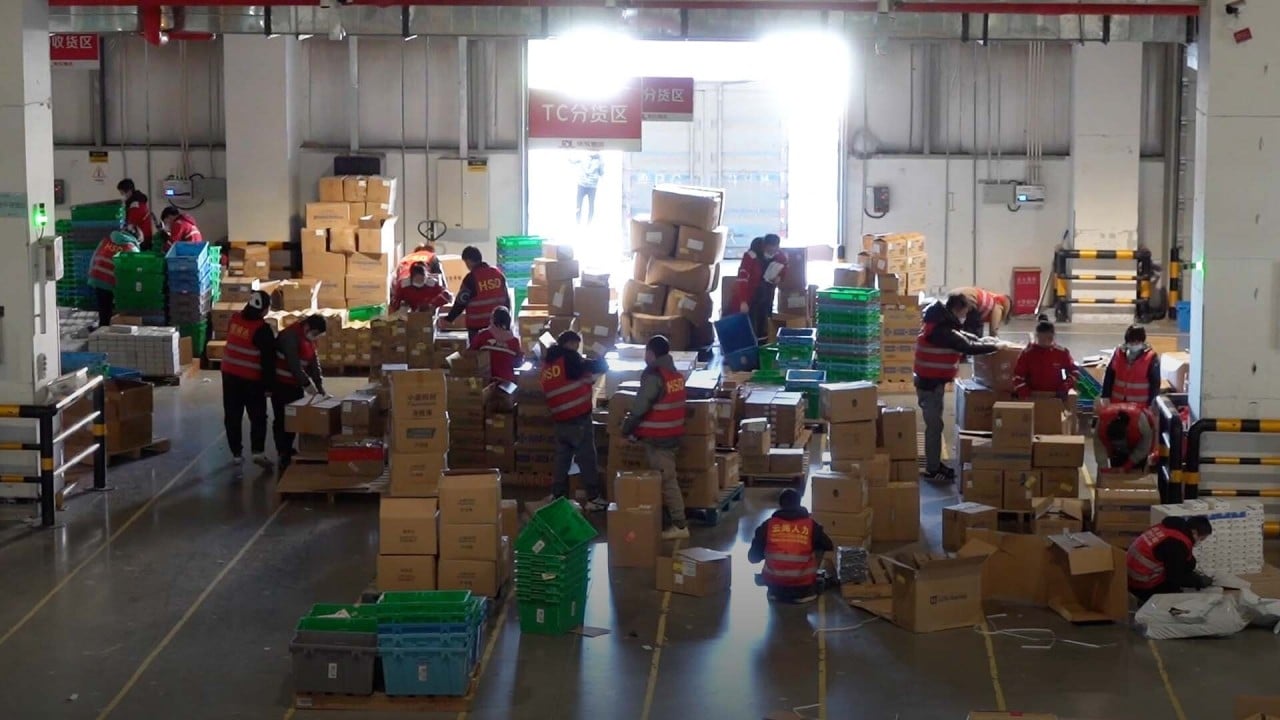
Alibaba to kick off extended Singles’ Day campaign in October, as world’s largest shopping festival faces economic headwinds
- Alibaba will commence its Singles’ Day presales activity from 8pm on October 24, enabling consumers to make deposits on goods for a low price
- Expectations are low for this year’s event because of China’s slowing economy and disruptions from Covid-19 control measures
The Hangzhou-based company will commence presales activity from 8pm on October 24, according to multiple Chinese media reports. Alibaba, owner of the South China Morning Post, confirmed the published information on Thursday.
During presales, consumers are expected to initially pay a deposit for goods to secure a low price. Payments are to be completed during the two-part checkout period from 8pm on October 31 and on November 10 at the same time.
It is better to “lower expectations” this year, according to Zhang Yi, chief executive at iiMedia Research.
“Consumption is very much related to the economy,” Zhang said. “If you look at this year’s GDP data and the recent resurgence of Covid-19 cases, I think consumption will be affected [by macroeconomic conditions].”
Beijing reaffirms message of support for Big Tech as economic headwinds gather
Alibaba net income halves, revenue flat amid economic headwinds


